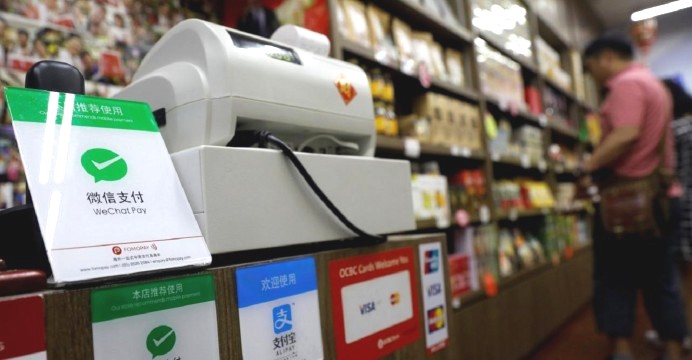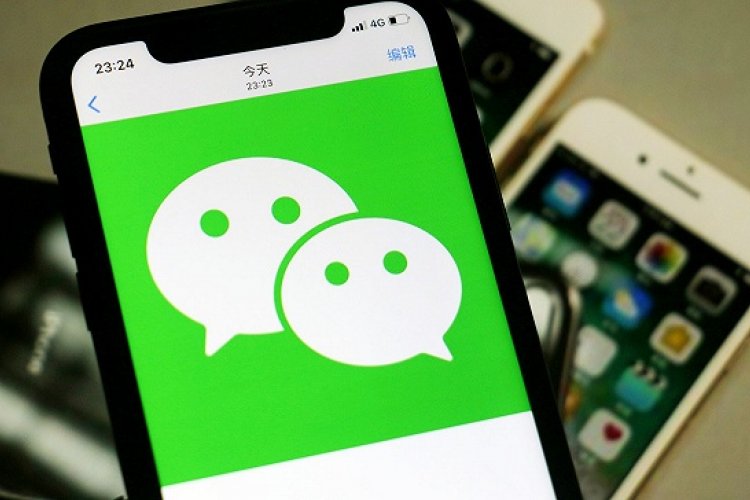Chinese New Year Travelers Made 1.2 Billion Purchases Over WeChat Pay
According to data released by Tencent’s ubiquitous app WeChat and Alibaba’s payment platform Alipay, China’s mass holiday migration over the lunar new year shook up spending patterns domestically while setting new trends abroad.
Holiday travelers made a total of 1.2 billion transactions using WeChat Pay from Feb 4 to 9. Small fourth, fifth, and six-tier cities made up over 40 percent of all WeChat Pay transactions as travelers took their payment habits home with them, which the platform termed “migratory consumption” (our translation).
Alibaba’s Alipay announced that users born in the 1960s or '70s were the driving force behind growth in China’s outbound tourism and spending. The platform, which is now accessible in more than 40 markets globally, is “a huge drawcard for overseas merchants as a platform to help grow their business,” Janice Chen of Alipay’s Cross-border Business unit, said in a press release.
In a further sign of market penetration, the growth of overseas consumption by Alipay users from third or fourth-tier cities outpaced that of travelers from China’s largest metropolises.
For the first time, France also entered the top 10 foreign countries with the greatest spending volume over WeChat Pay, reflecting the growing adoption of the platform in Europe. According to app data, top non-mainland destinations for WeChat users over the holiday were Hong Kong, Macau, and Bangkok.
Tencent’s social media platform also released a slew of other statistics on user behavior, following its 2018 report on generational sleeping habits and other details. Combined with figures from Alipay, the two platforms paint a surprisingly detailed picture of how users spent their weeklong vacations.
For instance, 823 million WeChat users sent or received virtual hongbao, “red envelopes” stuffed with money, a 7.1 percent increase over the Spring Festival holiday period last year. Among them, the “post-'90s” generation—born between 1990 and 1999—led the pack. Beijing was the most popular city for sending and receiving WeChat hongbao, followed by Guangzhou and Chongqing.
Alipay claimed that 450 million people, or roughly a third of China’s population, had taken part in its “five blessings” (our translation) cash prize event. This year, users could participate not only by scanning the Chinese character fu, or “blessing,” but also by participating in a virtual tree-planting activity, taking a safety awareness quiz, or raising cartoon chickens in another charity-related game.
WeChat’s data showed that while the post-'90s generation made up over 30 percent of holiday travelers, they were also among the least active on the first day of the lunar new year. Users born in the '80s or '90s made up a majority of those who clocked under 100 steps, as measured by the app, that day.
They were also among the most voracious readers. WeChat’s social reading mini-program had 15.1 million users over the break, with the post-'90s “generation” spending the longest time perusing pages. Sci-fi story The Wandering Earth, the basis for a blockbuster of the same name released Jan 28, was the most popular selection.
READ: Online Movie Piracy Rampant Over Spring Festival Holiday
Photo: ejinsight.com








